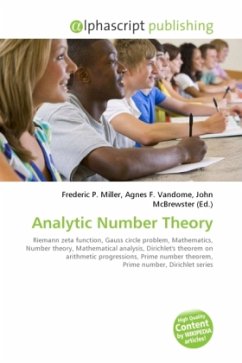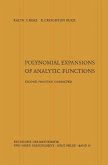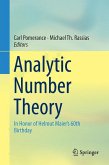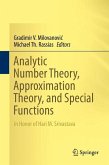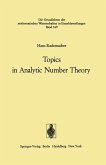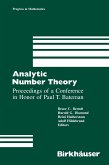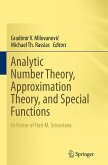In mathematics, analytic number theory is a branch of number theory that uses methods from mathematical analysis to solve number-theoretical problems. It is often said to have begun with Dirichlet's introduction of Dirichlet L-functions to give the first proof of Dirichlet's theorem on arithmetic progressions. Another major milestone in the subject is the prime number theorem. Analytic number theory can be split up into two major parts. Multiplicative number theory deals with the distribution of the prime numbers, often applying Dirichlet series as generating functions. It is assumed that the methods will eventually apply to the general L-function, though that theory is still largely conjectural. Additive number theory has as typical problems Goldbach's conjecture and Waring's problem. The development of the subject has a lot to do with the improvement of techniques. The circle method of Hardy and Littlewood was conceived as applying to power series near the unit circle in the complex plane; it is now thought of in terms of finite exponential sums (that is, on the unit circle, but with the power series truncated).
Bitte wählen Sie Ihr Anliegen aus.
Rechnungen
Retourenschein anfordern
Bestellstatus
Storno

